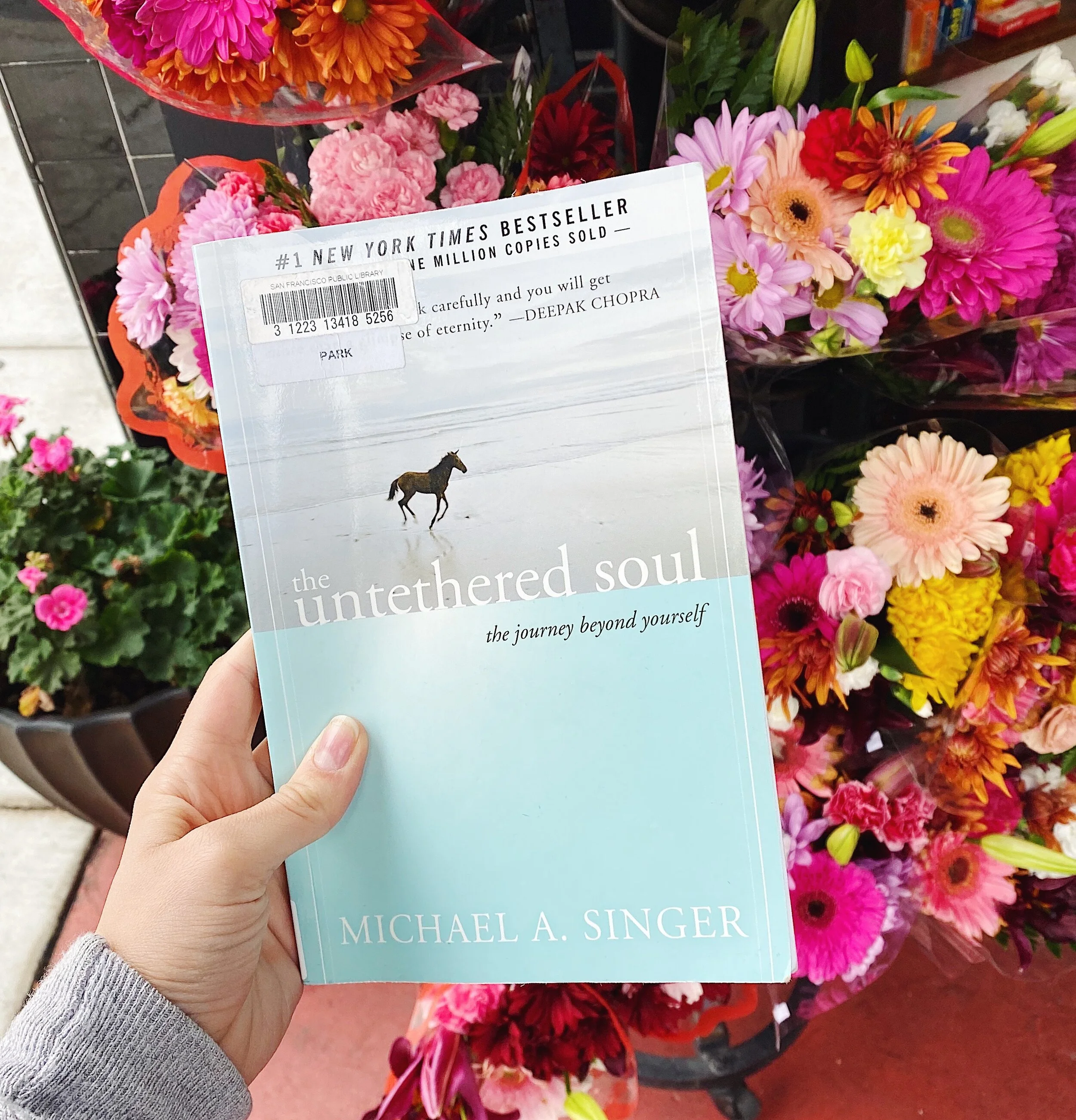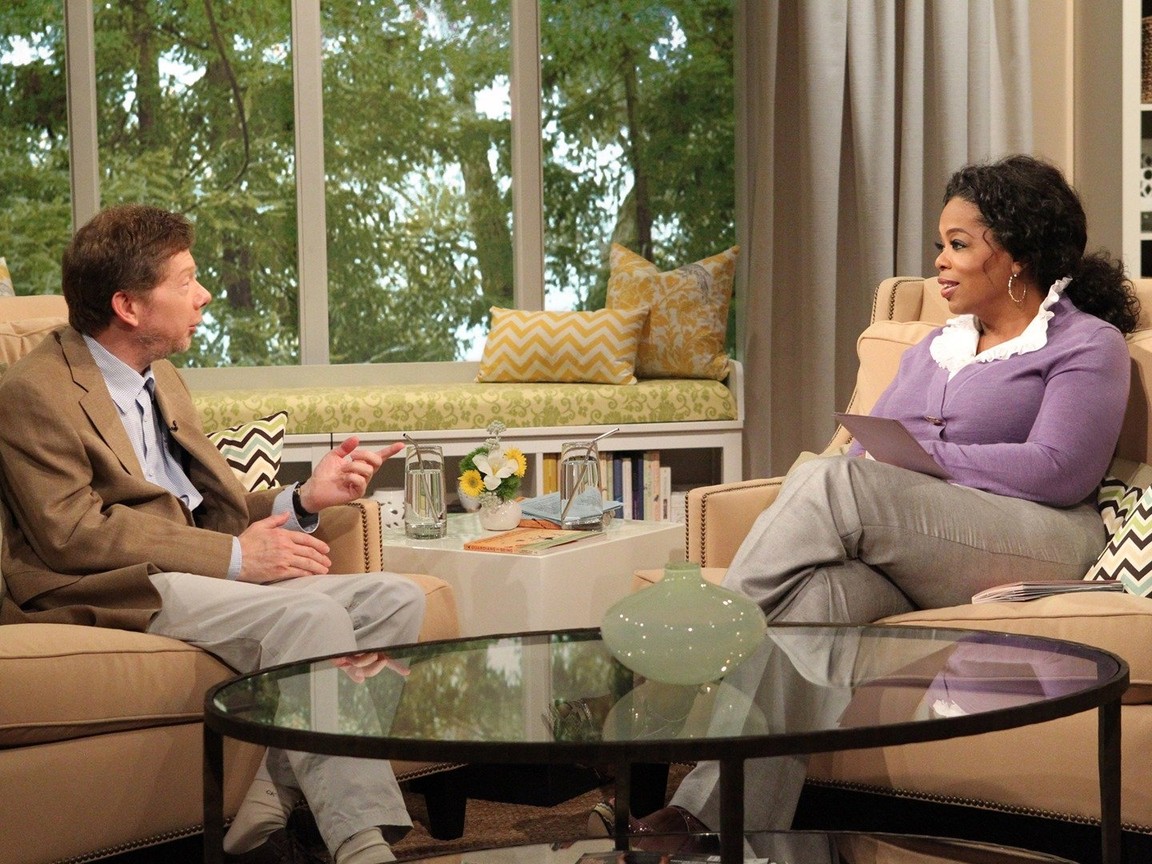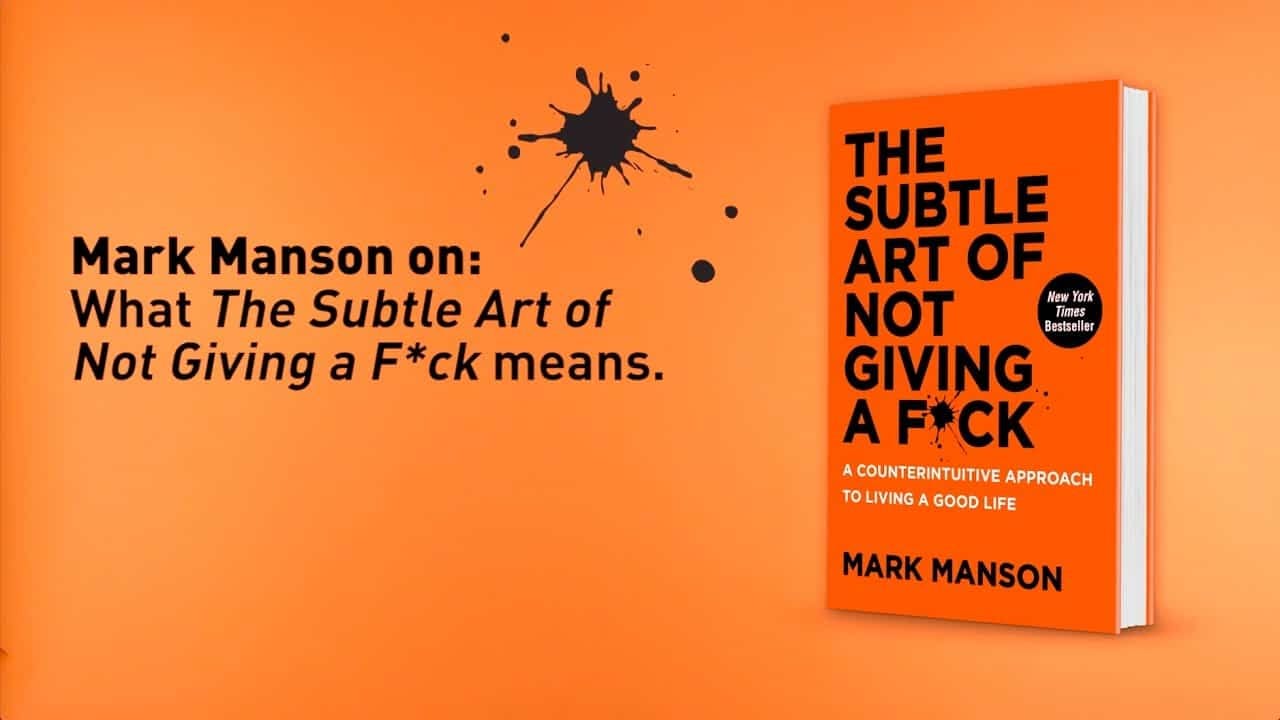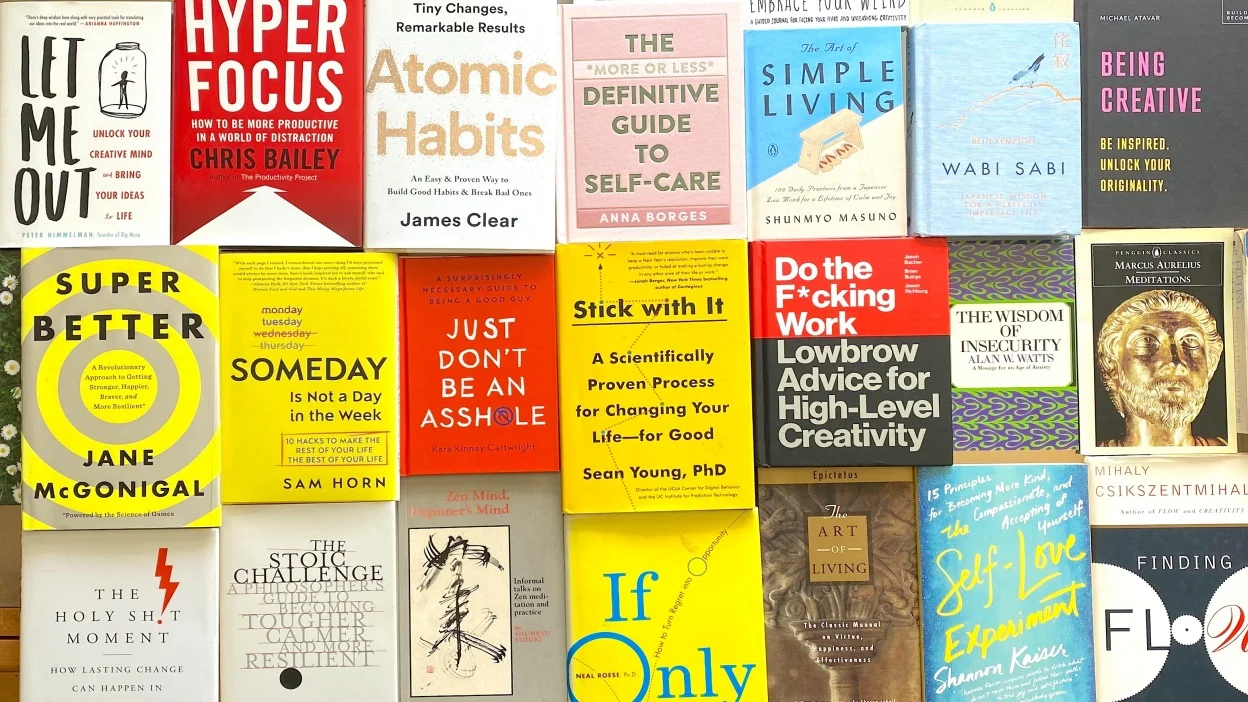Generation Black TV - Live
Self-Help Books for Young People Struggling With Their Mental Health
Need a hand with your mental health? There are lots of self-help books out there that may hit the spot! Here are a few to get you started…
It’s no secret that young people are facing a mental health epidemic. COVID-19, crumbling political systems, environmental catastrophes and the rise of social media are all contributing to a profound impact on people’s mental well-being. And the statistics are alarming! As a result, many young people are looking toward alternative methods of therapy, that are often cheaper and easier to access – such as self-help books. Here is a list of self-help books that are easily digestible for someone with little prior knowledge.

Some other honourable mentions (Hello Giggles)
According to Young Minds, one in six children aged 5 to 16 has reported having mental health issues. What’s more shocking is that from 2018 to 2019 – so before the pandemic – 24% of 17-year-olds have self-harmed in the past year, with 7% having self-harmed with the intent of suicide. With an underfunded NHS, and a lack of mental health support in schools, colleges and universities, they have been left alone to deal with their issues. So, it’s no wonder self-help books are becoming so popular.
An Untehtherd Soul

The Unethered Soul Book Cover (Blue Mind Sky)
Don’t be put off by the outrageously kitsch front cover, this book is pretty much one of the most well-known books for those seeking a more spiritual way out of a hard place. The author, Michael Singer, has decided to interpret eastern spiritual philosophies into a more digestible read for western audiences. The book starts with the basics and gradually gets into more depth. It is a clear description of how the mind works, and how past traumas can program the mind into a negative set of patterns. It also offers a set of simple instructions on how to clear the blockages and open your mind, body and soul to a more joyful way of life. This book will equip you with everything you need to know to begin your mind-altering journey.
The Power of Now

Tolle with Oprah (Rotten Tomatos)
The Power of Now is probably one of the most well-known and successful self-help books of all time. Since being published in 1997, it has sold over 3 million copies in the US alone, and has been translated into 33 different languages – it is even a firm favourite of Oprah Winfrey. And, there’s a reason for this success, as it has changed the lives of millions of people. In a nutshell, the book is a journey into living in the present moment. Eckhart Tolle, the author, tells the reader how living in the now is the gateway to a happy life. When you look at the past, you get depressed, when you look at the future, you get anxious. Life only happens in the present moment, and if you want to escape suffering, then you must aim to live in the narrow window of the now. It’s one of the easiest things to do to change your life, but also the hardest. But, Tolle has a clear set of instructions based on his own hardships, and after a few chapters, you already notice a profound shift in your psyche. If you make it past the hippy-dippy first chapter, then you’re in for a life-changing experience!
The Chimp Paradox

The Chimp Paradox (Tandem Financial)
The Chimp Paradox: The Mind Management Programme to Help You Achieve Success, Confidence and Happiness – is the full title. And, the long title is necessary because it actually helps you achieve all these things. The book uses the metaphor of your inner chimp – that everyone has – which is basically your inner wild self who is chaotic and uncontrolled. Via mind management techniques, it helps you tame your inner wild and control your emotions. It does this by following a three-step process: first, recognise how your mind is working; then, understand your emotions and thoughts, and finally, it teaches you how to manage yourself and become a better person. This book is particularly good for those who have ADHD tendencies.
The Subtle Art of Not Giving a F*ck

Book Cover (Medium)
This number 1 New York Times best-seller, written by Mark Manson, has sold over 10 million copies, in just 6 years. The immense appeal of this self-help book is the blunt approach to therapy, which has a heavy dose of humour. It teaches the reader how to cut through the crap, and “show us how to stop trying to be ‘positive’ all the time so that we can truly become better, happier people.” The important premise of the book is that it teaches you what to care about and what to not care about, and how happiness, resilience, and freedom come from being aware of the rubbish that surrounds you.


